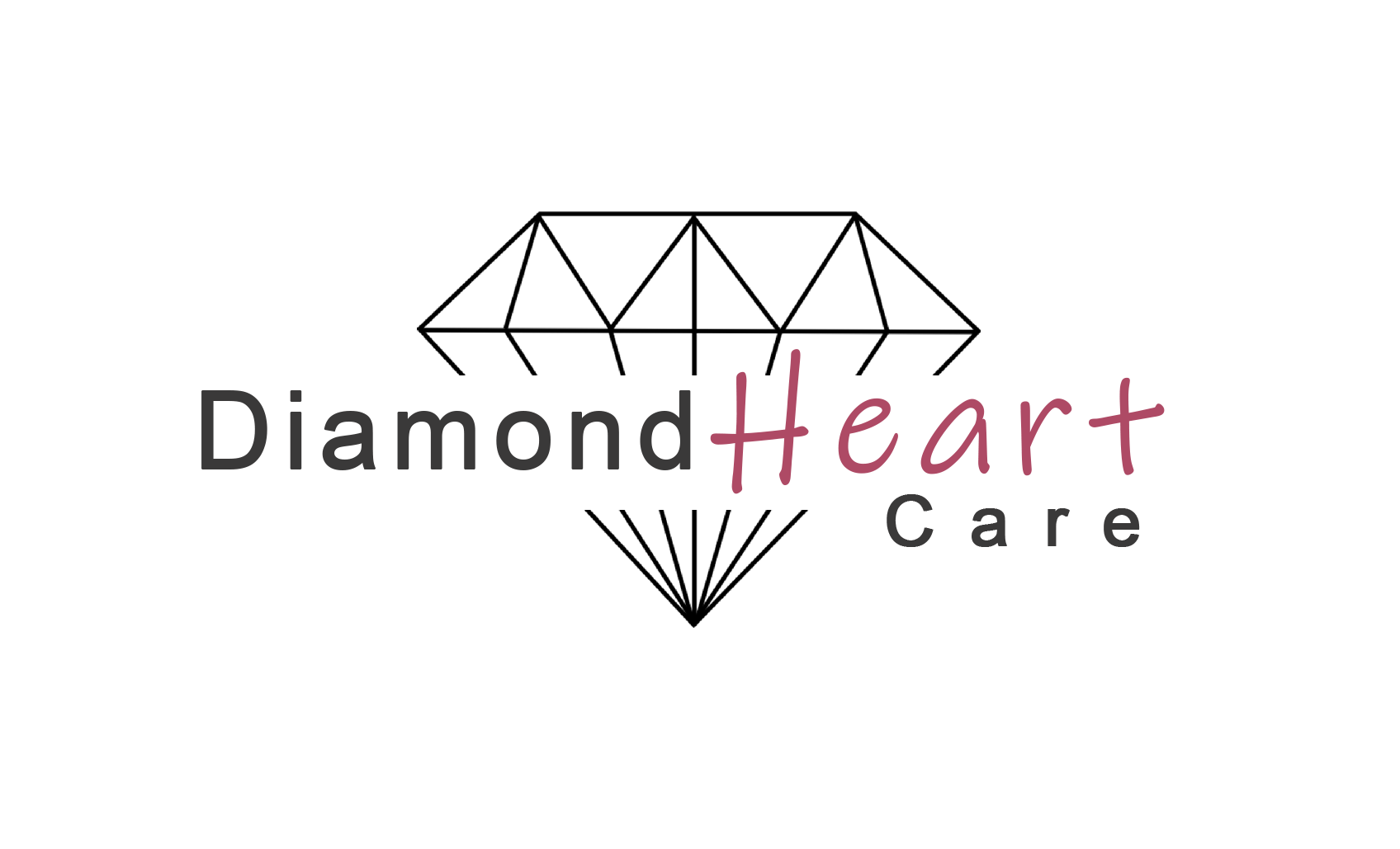My Favorite Technology Tools for Patients

The field of medical care has advanced rather dramatically when it comes to technology. The electronic medical record, artificial intelligence for evaluation of medical illnesses and blockchain utilization have now come to the forefront. During the COVID-19 pandemic, most physicians utilized telemedicine for video visits. Zoom became one of our favorite partners and there seemed to be wide acceptance of this new technique in healthcare delivery.
Many of these advances, however, are not personalized to the patient. In addition, many doctors are somewhat hesitant to use wearable technology and home monitoring devices in the management of their patients.
I must admit that I have a keen interest in any information that will allow the patient to assist in their overall management. I make use of several different technology tools and I also use these tools for my own personal health monitoring and exercise performance.
The following list includes many of my favorite items that I use personally, or I recommend to my patients. Some of this technology is expensive. Most of it is very easy to utilize. Individuals can gain a significant amount of information from these devices, and I recommend that each person consider one or more these devices in their general day-to-day activities. I also recognize that there is a point at which too much technology and too much information can be confusing and stress-inducing. As with all my other advice, moderation is the key. In addition, none of these devices is 100% accurate so that all data must be taken in its proper context. I should also mention that I have no financial incentive related to my recommendations and I receive no compensation from any of the manufacturers of these devices.
I suspect that this list will change over time as more technology is available. I will try to keep it updated on a regular basis.
I am always open to questions or suggestions, so feel free to provide your input.
1. Apple Watch-we are now on the seventh series of this incredible invention. I love this device because it is so intuitive and easy to use. It monitors heart rate, pulse oximetry, exercise parameters and it can provide a single channel EKG. I own the cellular version that allows me to make and receive phone calls without my cell phone in tow. This is particularly helpful when I am on a bike ride or a run. It is anticipated that future versions will possibly include a continuous glucose monitor. This would make it invaluable for all diabetics.
2. Oura ring-I never realized the critical link between sleep and good health until the last few years. This device is one of my favorites. It is simple to wear, and it provides an incredible array of important sleep data and activity data. It has changed my entire approach to my sleep habits, and it also helps me to plan my activity level. Continuous oximetry will be available later this year and will only enhance the value of this purchase.
3. Alive-Cor 6-this is a small Bluetooth device that can record a six lead EKG. I have found it to be an invaluable tool for assessing intermittent heart rhythm abnormalities that my patients are experiencing. It also goes by the name of KardiaMobile. It is quite accurate, and patients can save their rhythm strips and email them to me so that they can be reviewed remotely. There is a new credit card sized single lead device that is also available, but I prefer the six leads to more accurately determine the type of rhythm. It has made the evaluation of heart palpitations much easier for me and my patients.
4. Pulse oximeter-this small and inexpensive tool was invaluable during the COVID-19 pandemic, but it is very beneficial for patients who have symptoms of shortness of breath. I also use it for obtaining heart rates in my patients. I recommend spending more money to get a high-quality oximeter because some of them are not very accurate.
5. Digital home blood pressure monitor-home blood pressure monitoring devices are very important. It is not uncommon for my patients to have elevated blood pressure readings in the office. I place much emphasis on home blood pressure readings. My preference is the Omron series, and my favorite is the Evolv wireless monitor because it is very simple and compact, and it is also very accurate. The Omron wristwatch monitor is not yet accurate enough for me to recommend.
6. Blue light blocking glasses-our body works according to a circadian rhythm. Over the last 20 years, the use of screens and digital devices has totally disrupted the human circadian rhythm in such a way as to trick our brains into thinking that we are still in daytime when it is nighttime. Much research has been done because of the impact of blue light in this process. Blocking glasses that are worn later in the day help to restore the circadian rhythm and do not disrupt sleep patterns. I have glasses from Felix Gray, but Gunnar is another very good brand.
7. Cooling Mattress system -there are many important variables that are necessary for good quality sleep. Our sleep quality is enhanced when our core body temperature decreases. I have found that a cooling mattress topper has provided significant benefits on my overall sleep quality. My wife and I previously used the Chili Pad. We were frustrated by the support team and we did not experience good luck with this device, so we switched to the Eight Sleep Pod Pro and we have been very happy with it.
8. Continuous Home Blood Sugar monitor-I do not own one of these devices, but I strongly recommend this tool for most of my diabetics because it allows for frequent blood sugar monitoring, and it helps patients to understand what foods impact their blood sugar levels. Unfortunately, insurance companies can make it difficult for patients to obtain these devices, but I think that they serve a very important and valuable role in optimizing diabetes. The Freestyle Libre and the Dexcom G6 devices appear to be the best at present. Interestingly, many athletes and longevity enthusiasts use these devices even though they don’t have diabetes. Hopefully, the Apple Watch will eventually include this invaluable tool, but the timing remains unclear.
9. Apple AirPods Pro-these small little earbuds are essential tools for my meditations. They have excellent quality sound, and they also have noise cancellation. My ears are somewhat sensitive, and the soft tips are a lifesaver for me. I have tried other earbuds, but these are my favorites. I have also tried the AirPods Max headphones, but they are too bulky and cumbersome, and they are also very expensive. I realize that headphones are a very personal choice. AirPods Pro perfectly serve my needs, especially when I need high quality and noise reduction for my meditation segments.
10. Home sleep study-sleep apnea is quite common in my patient population, but it is surprising how often the diagnosis has been either overlooked or ignored. In the past, patients would need to sleep overnight in a hospital or clinic sleep laboratory in order to diagnose this problem. Recently however, sleep studies can be completed safely and accurately within the patient’s home. This has made the diagnosis and treatment much easier for both physicians and patients. In the future, I foresee a wrist device that can measure continuous oxygen saturation, monitor audible snoring and measure periods of apnea that are diagnostic features of this dangerous problem.
